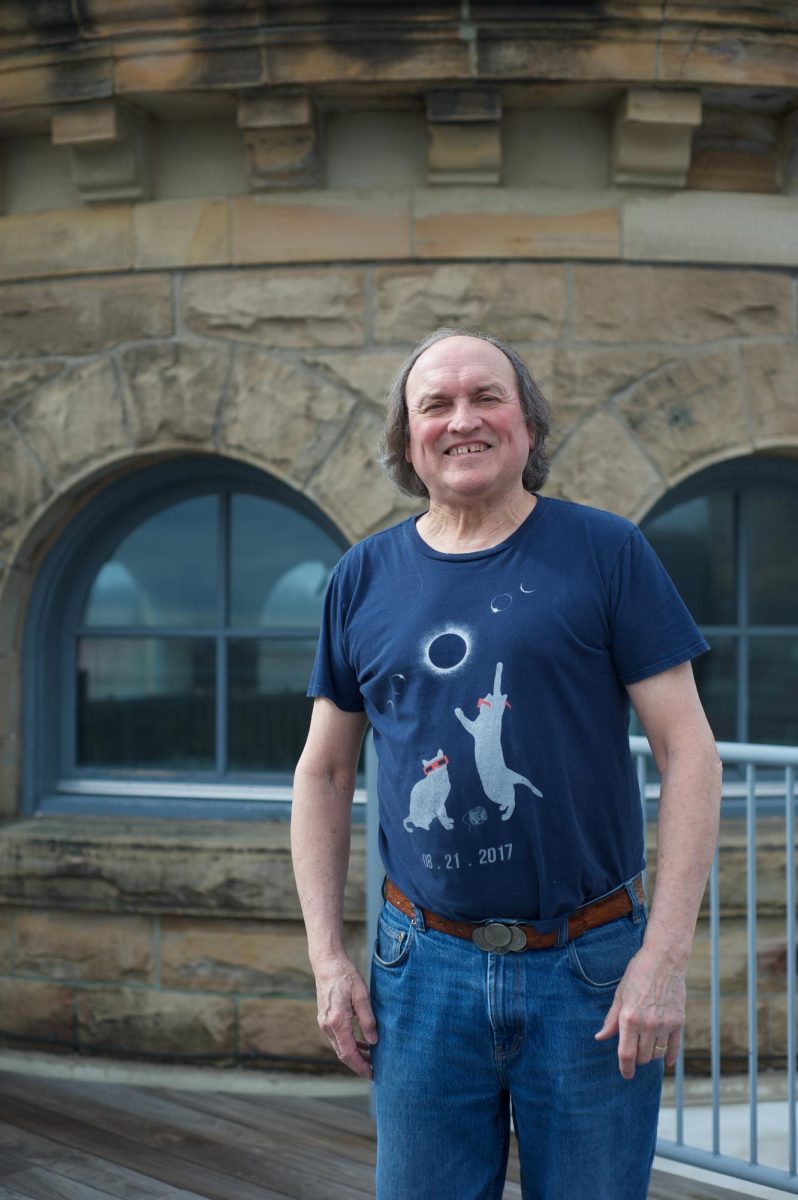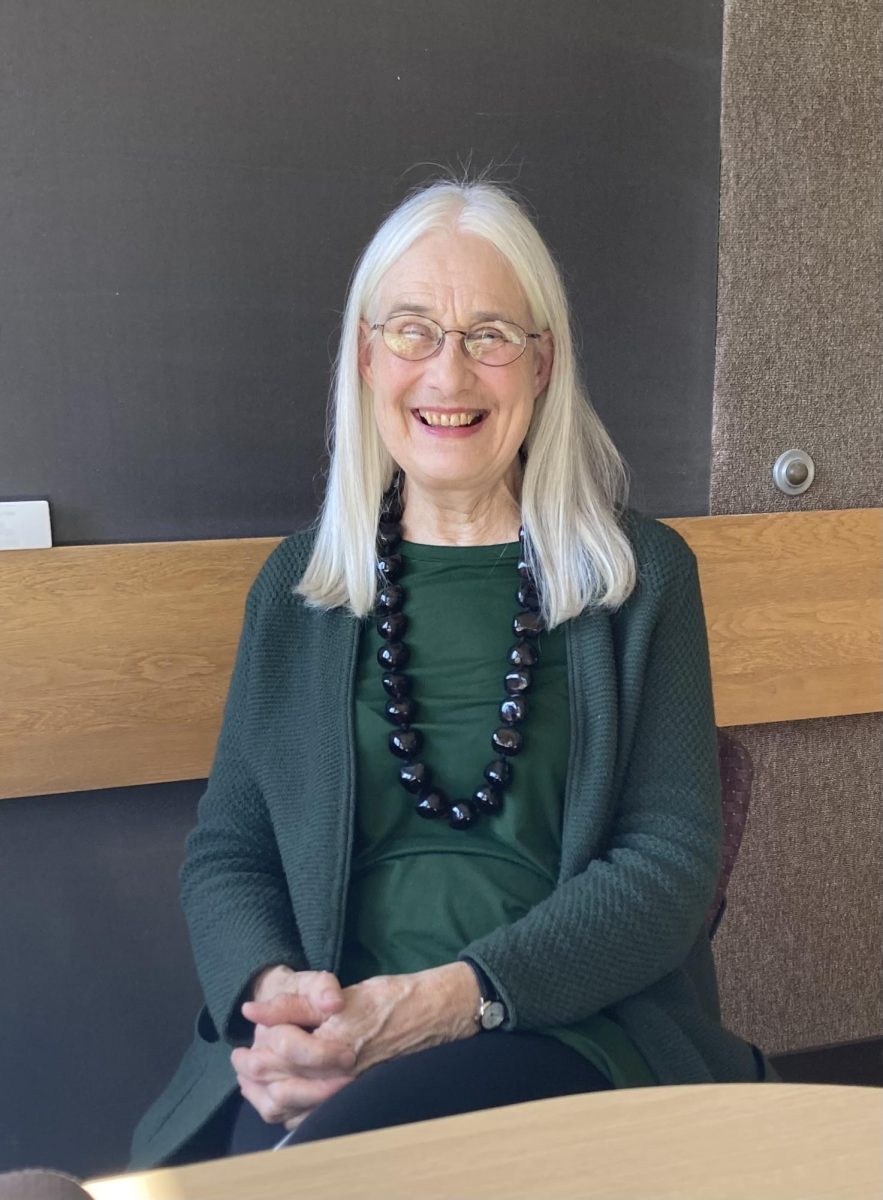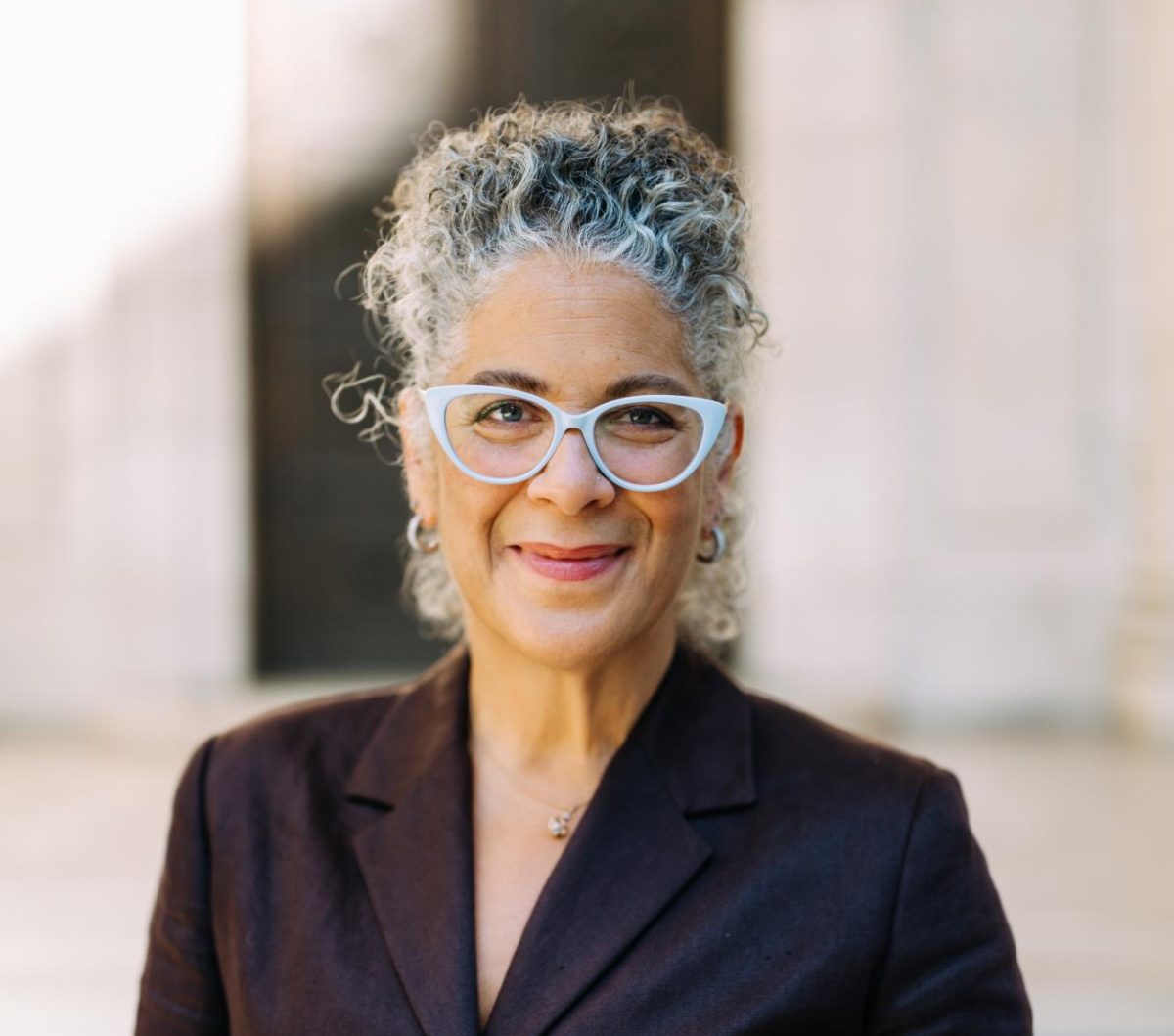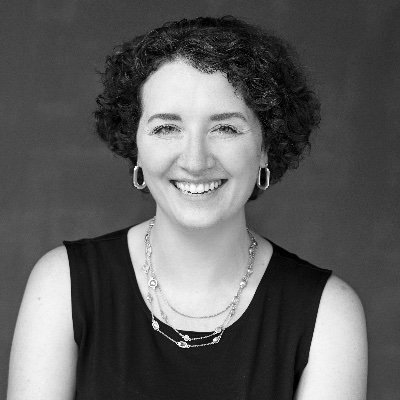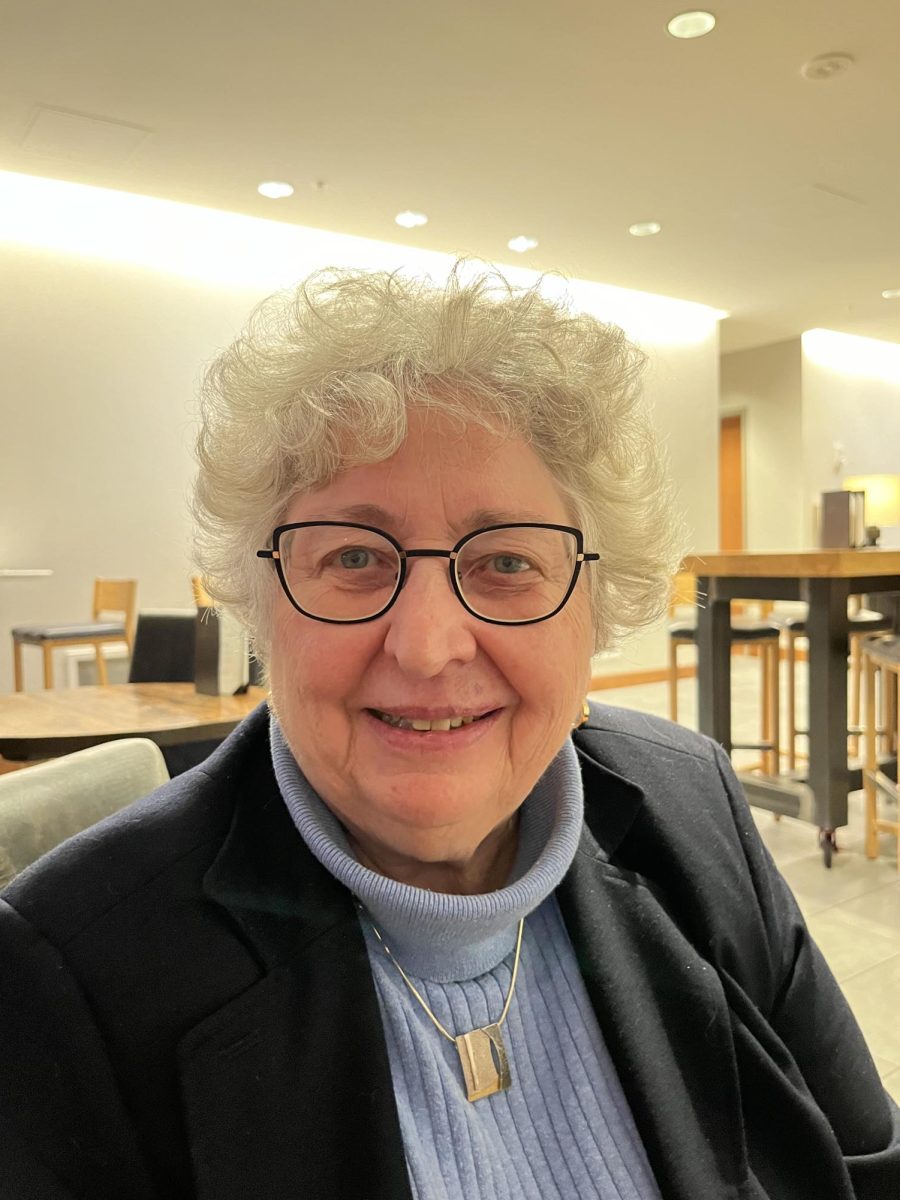David Lengyel is the Observatory and Taylor Planetarium Coordinator for Oberlin College. As Oberlin prepares for the total solar eclipse on April 8, Lengyel has been meeting with an eclipse committee, helping organize the main event, and giving presentations around Lorain County.
This interview has been edited for length and clarity.
Tell me about your position as the Observatory and Planetarium coordinator.
I have been here about 14 years now. I started in 2010, and before that, I taught mostly high school and public schools just up the road in Amherst. As the Observatory and Planetarium coordinator, I teach the lab sections of ASTR 100. That includes planetarium classes as well as nighttime observing classes. I also run public observing sessions for the general public, usually twice a month. Sometimes we do more during the academic year. And then I do other things, like we will get school groups that come in for a planetarium session.
Have you always been interested in astronomy?
I have been as far back as I can remember. I have just loved looking at the night sky. As a kid, my dad would point out a couple of constellations that he knew. Then I just couldn’t read enough of it. As soon as I learned to read, I got into astronomy. I majored in chemistry — that was my undergraduate degree, and my graduate degree as well. Astronomy has a lot of chemistry in it, so it was very easy for me to move from chemistry into astronomy, and especially to do what I do here, which is astronomy education. I am not a research astronomer; I guess you would call me an observational astronomer. I look through telescopes, I observe the night sky, and I teach how to observe the night sky.
What is your role in the lead-up to the eclipse?
Oh, boy. It has been hectic. We have been meeting with an eclipse committee of various people associated with the College for a couple of months now, getting things ready for eclipse day. There is a lot involved in it, as I learned. And we put together a couple of pieces of equipment that we are going to use during any eclipse. We are getting organized in terms of what we need to handle the group of students that we’re going to have out on Bailey field. So there is just a lot that goes into it. And in addition to that, I have been giving a lot of talks about the eclipses, probably about 15 or 20 different presentations on what to see during the eclipse, not only in Oberlin — I did a couple that went over pretty well here at the College — but all around Lorain County. Especially in the last week, like every night, I was giving a presentation somewhere. So it has been a really busy time.
Why is this eclipse in particular so important?
It’s important because it’s a total solar eclipse. Partial eclipses occur every year. There are usually two or more eclipses somewhere on the Earth. But to see a total solar eclipse, you have to be on a very narrow path, which is only about 100 miles wide. And so, usually, if you just stay in one spot on the Earth your whole lifetime, you might never see a total solar eclipse. The last time a total solar eclipse passed through Oberlin was 1806. That’s 218 years. And we won’t get another one near to us till 2099. Usually, people have to travel to see an eclipse. I saw one in 1991 in Mexico, and I saw one in 2017 in Tennessee, but you know, you could travel to Africa, to the Caribbean, all over the world. And remember, Earth is mostly water, 70 percent oceans. And so the chances that an eclipse is going to come over land is a lot smaller than whether it’s just going to be in the ocean.
What about this eclipse are you most excited about?
Oh, everything. I did photography around the other eclipses. I am going to do a lot less of that this time. I am going to really spend my time, three minutes and 52 seconds of totality, really watching what’s going on, and just maybe taking a couple of pictures. I’m looking forward to watching not only the sun and the sun’s outer atmosphere, the corona, but seeing what’s going on in the environment around us. What part of the sky is dark and what part doesn’t get quite as dark? What planets are going to appear in the sky and what’s happening to the animals? What are the birds doing? What are the insects doing? The temperature’s going to drop. There’s just a lot of things to be aware of if you’re really paying attention. So I’m going to try to really pay attention.
It’s so wonderful that Oberlin College is right in the path of totality. All of our students, if the weather’s good, are going to be able to see this as part of their college experience. What a wonderful thing.
What happens if the weather isn’t good?
It will still get dark during totality. It just won’t be as nice to watch. Things will still go on, temperatures will drop. Animals will probably react to the darkness, but we’ll miss a lot of the cool things. It’ll still be an experience, but it won’t be as good.
What advice would you give to those hoping to watch the eclipse?
The complete part of the eclipse lasts from just before 2 p.m. till about 4:30 p.m. But most of that is the partial eclipse. If you’re going to watch the partial eclipse, or glance at it, you have to use eclipse glasses. The only thing you could see through these eclipse glasses is the sun, because it blocks out 99.99 percent of the harmful rays in the sun. So for most of the eclipse experience, as you glance up at the sun, you’re going to have to use these glasses, and it’s perfectly safe. But during those three minutes and 52 seconds of totality, take the glasses off and just look with your eyes, and really experience totality in its completeness. Watch what people are doing. Watch what the sky looks like. Watch everything.
Are there future events after the eclipse that you’re excited for?
The springtime sky is always nice. We can still see Jupiter, but only for about another month, and then we won’t be able to see any of the major planets until the end of summer. But the spring sky is interesting because that’s a good time of the year to see galaxies in the sky. So, like I say, there’s always stuff to see in the sky.


